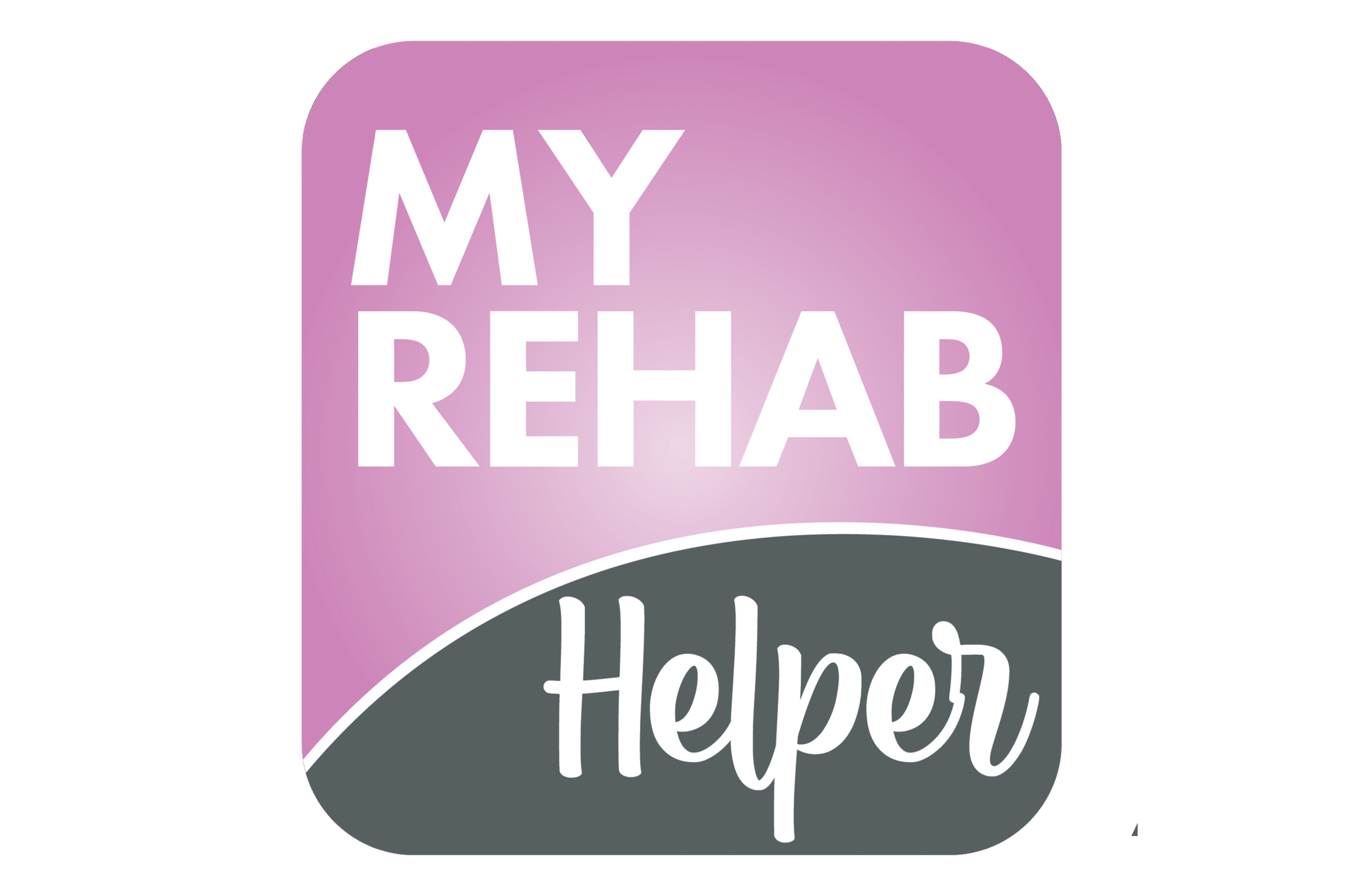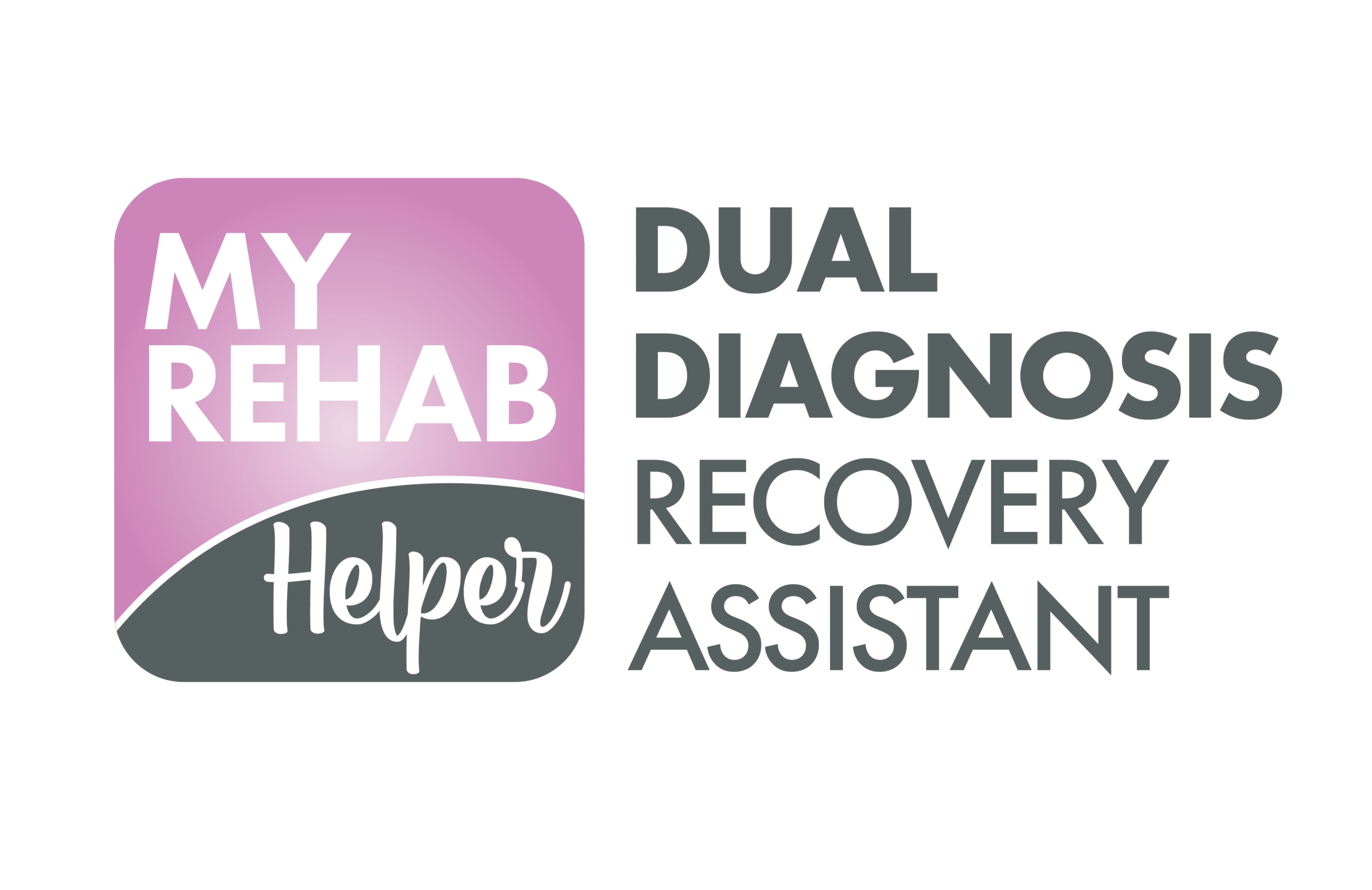Please note that our Boksburg location is now at 221 Rondebolt Road, Farrar Park, Boksburg and our MyRehab Helper Boksburg contact number is 073 530 0797

FAQs about Alcohol Addiction Rehab near Boksburg
Detailed info on alcohol addiction rehab
Frequently Asked Questions
What are the stages of alcohol addiction rehab?
Alcohol addiction rehab typically involves several stages, each designed to support your journey toward recovery. The first stage is detoxification, where your body clears itself of alcohol under medical supervision, ensuring your safety during withdrawal. The next stage is therapy and counseling, where you’ll work with trained professionals to address the psychological and emotional aspects of addiction. This includes individual counseling, group therapy, and family therapy. Following therapy, aftercare and relapse prevention programs come into play, helping you integrate coping strategies, build a sober support network, and maintain long-term recovery. Each of these stages is customized to your needs, helping ensure that you receive the best care for a successful recovery journey.
How do rehab centers manage withdrawal symptoms?
Rehab centers use medically supervised detoxification to manage alcohol withdrawal symptoms safely. Withdrawal can be physically and emotionally challenging, so professionals monitor patients closely to minimize discomfort and ensure safety. In many cases, medication-assisted treatment (MAT) is used to ease symptoms such as anxiety, nausea, or seizures. This might include medications like benzodiazepines or anticonvulsants, which help reduce the intensity of withdrawal. Additionally, rehab centers provide emotional support through counseling and therapy to address the psychological aspects of withdrawal. With a comprehensive approach that combines medical care, therapy, and constant monitoring, rehab centers help individuals navigate withdrawal while prioritizing their well-being and comfort.
Call one of our MyRehab Helpers now!
Contact one of our helpers for ethical referals to a facility or health care professional that suits your unique circumstances.
What therapies are used in alcohol rehab?
Alcohol addiction rehab centers offer a variety of therapeutic approaches tailored to individual needs. One of the most common therapies is Cognitive Behavioral Therapy (CBT), which helps individuals identify and change negative thought patterns and behaviors related to alcohol use. Motivational Interviewing (MI) is another effective technique that encourages self-motivation and commitment to recovery by exploring personal reasons for change. Dialectical Behavior Therapy (DBT) is also used to help individuals manage intense emotions and improve interpersonal relationships. Additionally, group therapy fosters a supportive environment where individuals can connect with others facing similar struggles, promoting a sense of community and shared experience. Family therapy is often integrated to heal relationships and involve loved ones in the recovery process. By using a combination of these therapies, alcohol rehab centers help clients address the psychological, emotional, and behavioral aspects of addiction to support long-term recovery.
How long is the typical stay in alcohol rehab?
Can rehab programs be customized?
What role does nutrition play in alcohol rehab?
Are there specialized programs for youth and elderly?
Yes, alcohol addiction rehab near Boksburg offers specialized programs tailored to meet the unique needs of both youth and elderly individuals. Adolescents often face different challenges in addiction recovery due to the influence of peers, developing identities, and the pressures of academic or social environments. Youth-specific programs typically include age-appropriate therapies, family involvement, and a focus on emotional development and social skills. Similarly, elderly individuals may experience challenges such as co-occurring medical conditions, physical limitations, and the impact of long-term alcohol use on aging bodies. Programs for seniors often emphasize gentle detoxification methods, pain management, and rehabilitation that considers their unique health concerns. Specialized programs for both youth and elderly aim to provide the appropriate support, understanding, and therapy to foster healing and lasting recovery in these distinct age groups.
How does family involvement influence rehab success?
Family involvement plays a crucial role in the success of alcohol addiction rehab near Boksburg. Addiction is not just an individual struggle—it impacts the entire family unit. Active family participation in the rehab process helps build a strong support system, fostering understanding, communication, and trust. When families are educated about the addiction and recovery journey, they can provide better emotional support and be more equipped to manage triggers or setbacks. Family therapy is often incorporated into rehab programs, allowing loved ones to work through past conflicts, strengthen relationships, and learn healthy coping strategies. Having a supportive family network can significantly reduce the risk of relapse and increase the chances of long-term recovery, as it creates a nurturing environment that promotes healing and growth.
What happens after completing rehab?
After completing alcohol addiction rehab near Boksburg, the journey of recovery continues with aftercare support to help maintain sobriety and prevent relapse. Rehab isn’t a one-time solution; it’s the beginning of a lifelong commitment to health and well-being. Aftercare programs provide ongoing support through outpatient counseling, support groups, and relapse prevention strategies. Many individuals participate in 12-step meetings or other peer support groups to stay connected with others who understand the challenges of recovery. In addition, individuals are encouraged to adopt a healthy lifestyle, which includes regular exercise, proper nutrition, and engaging in meaningful activities that promote mental and physical wellness. Having access to professional guidance and staying connected with a supportive community increases the chances of long-term sobriety. Each person’s path after rehab is unique, and continued therapy and support systems help them navigate life’s challenges without turning to alcohol.
Can I continue education or work during rehab?
Yes, it is possible to continue education or work while attending alcohol addiction rehab near Boksburg, particularly if you opt for outpatient rehab programs. These flexible programs allow individuals to maintain their daily routines while receiving treatment. In outpatient rehab, therapy and counseling sessions are typically scheduled in the evenings or on weekends, enabling you to attend work or school during the day. This structure ensures that treatment doesn't interfere with personal or professional responsibilities, making it easier to stay connected to your goals. However, for those in inpatient rehab, time away from work or school may be necessary as it provides a more intensive and immersive approach to recovery. The decision depends on your unique circumstances and the level of support you need. Whatever path you choose, it's important to discuss your options with your rehab center to ensure you can balance your recovery journey with your other responsibilities.
Call one of our MyRehab Helpers now!
Contact one of our helpers for ethical referals to a facility or health care professional that suits your unique circumstances.
Are there gender-specific rehab programs?
How do I finance my alcohol rehab treatment?
Is long-term rehab necessary for severe addiction?
What types of support groups are available post-rehab?
Post-rehab support groups play a vital role in maintaining sobriety and helping individuals transition back to everyday life after completing treatment. These groups offer a safe, supportive environment where individuals can share experiences, struggles, and successes with others who understand their journey. Common types of support groups include 12-Step programs like Alcoholics Anonymous (AA), which follows a structured framework for recovery and personal growth. Non-12-Step programs like SMART Recovery focus on self-empowerment and practical coping strategies. Sober living groups offer a community-focused environment for those in early recovery, providing a substance-free living space to build stability. Additionally, family support groups help loved ones navigate their role in the recovery process, fostering a healthier family dynamic. These groups offer ongoing encouragement, accountability, and a sense of belonging, which are crucial in preventing relapse and promoting lasting recovery.
